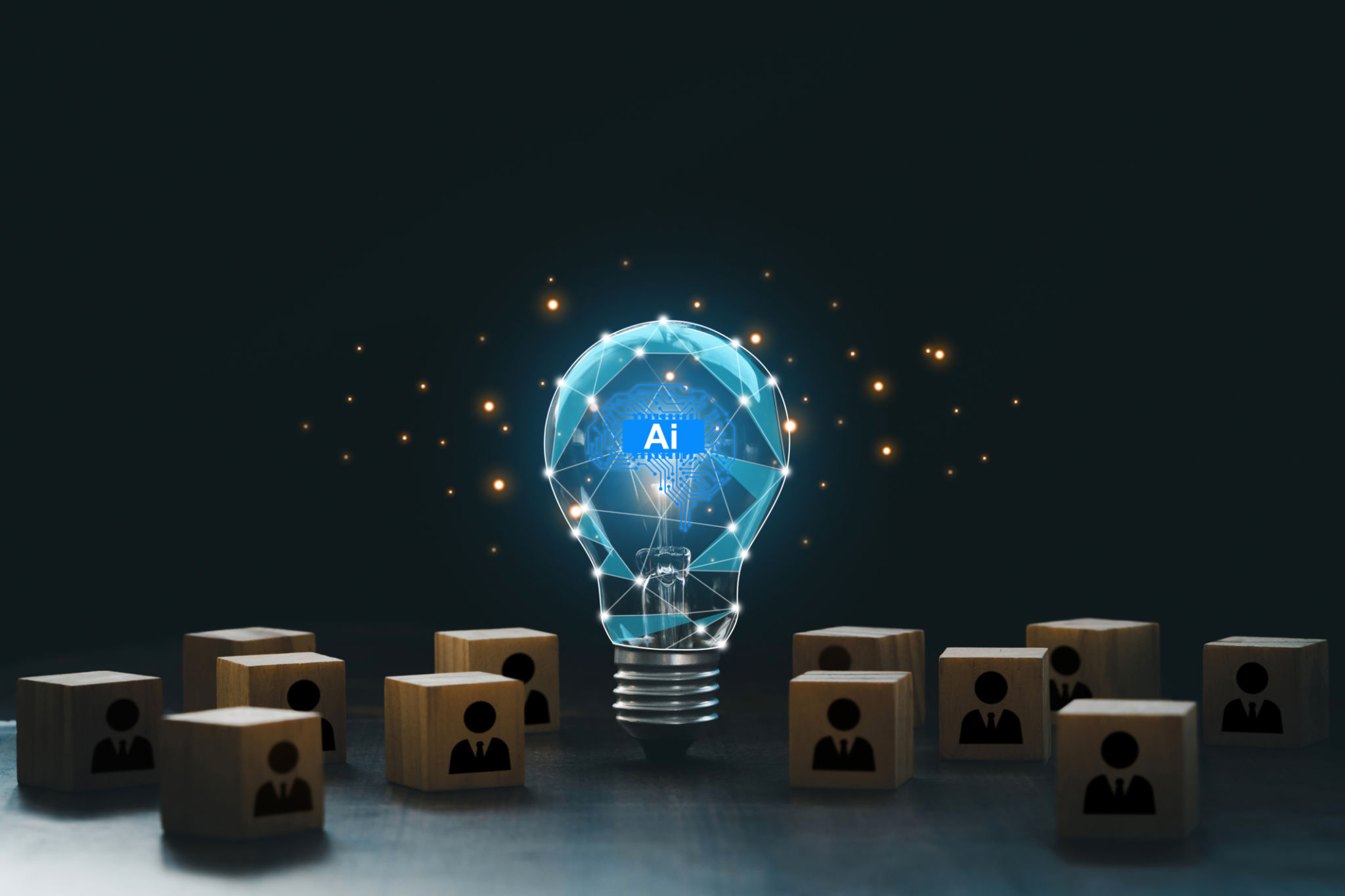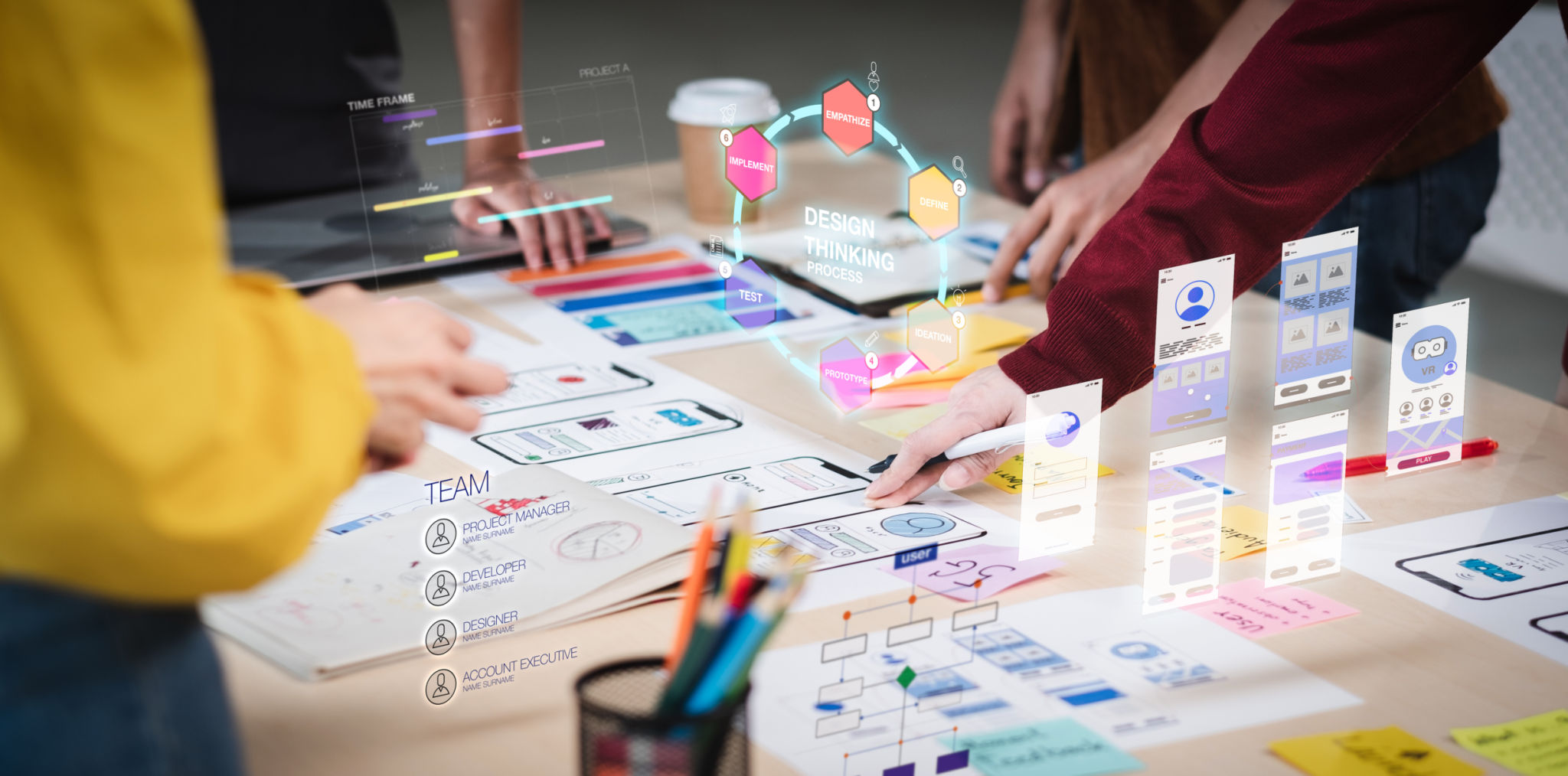Top Creative Trends Transforming Agencies Today
Embracing the Digital Revolution
In the fast-paced world of marketing, staying ahead of the curve is essential for agencies looking to thrive. The digital revolution continues to transform the landscape, offering new tools and platforms that redefine how agencies operate. One of the most significant trends is the rise of artificial intelligence (AI), which is being used to automate tasks, analyze data, and even create content. This technology allows agencies to deliver more personalized and efficient services to their clients.
AI-powered analytics tools can sift through vast amounts of data to identify patterns and insights that would take humans much longer to discern. This empowers agencies to tailor their strategies with precision, enhancing the effectiveness of their campaigns. Moreover, AI-driven content creation tools are enabling agencies to produce high-quality copy in less time, allowing creative teams to focus on more strategic initiatives.

Rise of Influencer Marketing
Influencer marketing has become a cornerstone of many agencies' strategies, leveraging the reach and relatability of social media personalities. This approach helps brands connect with their audience on a more personal level, fostering trust and engagement. By collaborating with influencers who align with a brand’s values, agencies can amplify their message and reach niche markets effectively.
The key to successful influencer marketing lies in authenticity. Audiences can quickly detect insincere endorsements, which can harm a brand's reputation. Therefore, agencies are focusing on building long-term relationships with influencers who genuinely resonate with their clients' brands.

Experiential Marketing Takes Center Stage
In an age where digital interactions dominate, experiential marketing offers a refreshing change by creating immersive brand experiences. This trend is gaining traction as agencies recognize the power of real-world engagement. Experiential marketing allows consumers to interact with a brand in a tangible way, fostering emotional connections and memorable experiences.
From pop-up events to interactive installations, these experiences are designed to captivate audiences and leave a lasting impression. Agencies are employing creative techniques to merge physical and digital worlds, such as augmented reality (AR) and virtual reality (VR), to enhance these experiences.

Sustainability as a Creative Mandate
Sustainability is no longer just a buzzword; it's a vital component of modern marketing strategies. Agencies are increasingly tasked with creating campaigns that not only promote products but also reflect a commitment to environmental responsibility. This shift is driven by consumer demand for transparency and accountability from brands.
Agencies are rising to the challenge by incorporating sustainable practices into their operations and messaging. Whether it's through eco-friendly packaging or highlighting sustainable sourcing in advertising, these efforts are resonating with conscious consumers.
Data-Driven Creativity
The fusion of data and creativity is revolutionizing how agencies approach campaign development. By leveraging data insights, agencies can craft campaigns that are not only visually appealing but also highly targeted and effective. This trend underscores the importance of a data-driven mindset in all aspects of marketing.
Data-driven creativity empowers agencies to test and optimize their campaigns in real-time, leading to improved performance and ROI. This approach allows for more informed decision-making, ensuring that creative efforts align with business objectives.

Conclusion
The landscape of marketing agencies is continuously evolving, driven by technological advancements and changing consumer expectations. By embracing these top creative trends—AI integration, influencer partnerships, experiential marketing, sustainability commitments, and data-driven creativity—agencies can stay ahead of the competition and deliver exceptional value to their clients. As these trends develop, agencies must remain agile and open to innovation, ensuring they are not only meeting but exceeding the needs of the modern market.
